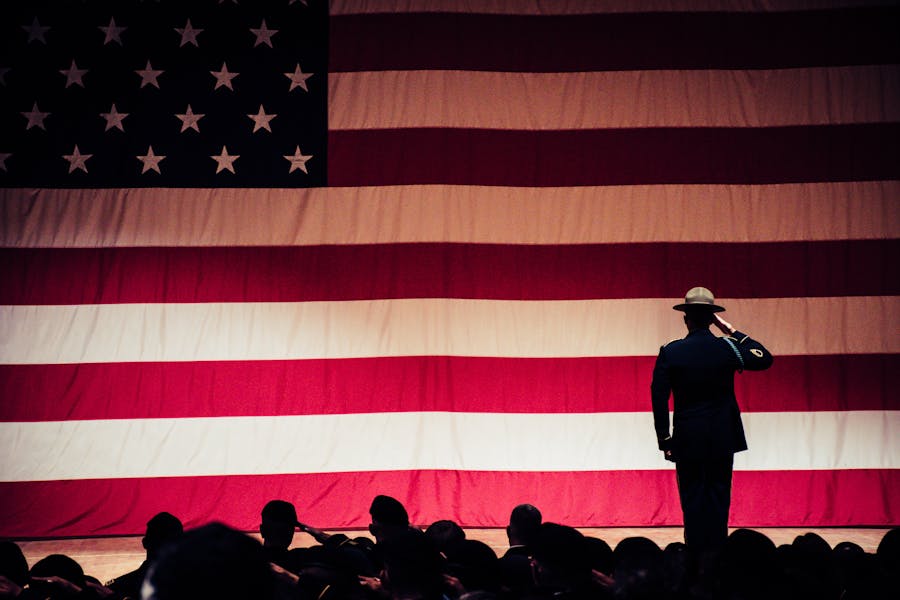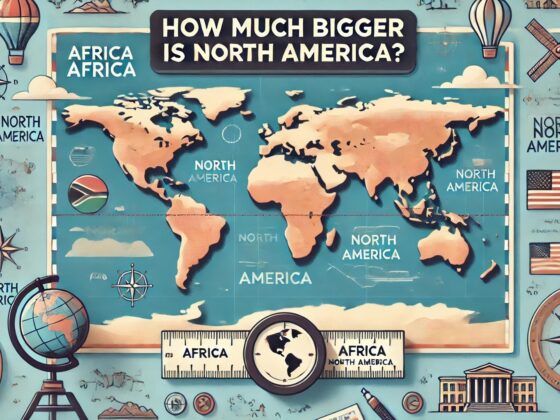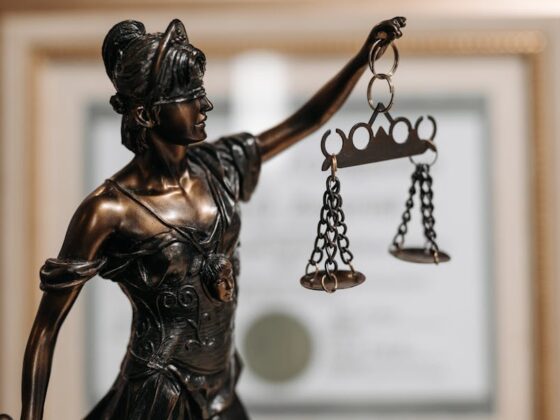Captain America, one of the most beloved superheroes in the Marvel universe, has a fascinating origin story that dates back to World War II. Created by Joe Simon and Jack Kirby, Captain America made his debut in “Captain America Comics #1” in March 1941. With his iconic shield and patriotic costume, he quickly became a symbol of American values and resilience. But why was Captain America created in the first place? Understanding the historical context and the motivations behind his creation provides insight into why this character has endured for over eight decades. This article explores the reasons behind Captain America’s creation, his role during the war, and his lasting impact on popular culture.
Why Was Captain America Created?
Captain America was created during World War II to serve as a patriotic symbol and a morale booster for American troops and citizens. His character embodied the fight against tyranny and injustice, making him a powerful tool for promoting national unity and resilience during a time of global conflict.
The Birth Of A Patriotic Superhero
Captain America was created in a time of great turmoil and uncertainty. The world was in the throes of World War II, and the United States was about to enter the conflict. In this context, comic book creators Joe Simon and Jack Kirby conceived Captain America as a symbol of American strength and moral integrity. They wanted a character who could inspire both soldiers and civilians, providing a beacon of hope and resilience.
Captain America’s first appearance in “Captain America Comics #1” in March 1941, just months before the attack on Pearl Harbor, was a strategic move. His debut cover, showing him punching Adolf Hitler, was a bold statement against the evils of Nazism and fascism. This image resonated deeply with readers, many of whom were personally affected by the war. Captain America’s creation was not just about entertainment; it was a deliberate effort to bolster national morale and support the war effort.
The character’s backstory also played a significant role in his appeal. Steve Rogers, a frail young man who transforms into the super-soldier Captain America after receiving the experimental Super-Soldier Serum, represents the ideal of the ordinary citizen rising to greatness. This narrative was particularly powerful during a time when many young Americans were being called upon to serve their country in unprecedented ways.
Moreover, Captain America’s character was designed to embody the core values of the American spirit: courage, sacrifice, and a steadfast commitment to justice. These qualities made him a relatable and aspirational figure, someone who represented the best of what America could be in its darkest hour.
Captain America’s popularity was immediate and widespread. His stories were not just about fighting enemies; they also addressed important social issues, such as racism and equality, making him a progressive figure in his time. This forward-thinking approach helped ensure that Captain America remained relevant long after the war ended.
The Strategic Purpose Of Captain America’s Creation
1. A Symbol of American Values
Captain America was created to represent the core values of American society. His character was built on ideals of courage, justice, and patriotism. By embodying these values, Captain America served as a rallying point for American citizens during a time of global conflict.
2. Boosting Morale During Wartime
During World War II, maintaining high morale was crucial for both soldiers on the front lines and civilians at home. Captain America, with his unyielding spirit and heroic deeds, provided a source of inspiration and hope. His adventures reinforced the idea that good would ultimately triumph over evil.
3. Propaganda and Recruitment Tool
Captain America’s stories often included themes of unity and sacrifice, which were essential for garnering public support for the war effort. His character was used in various propaganda materials to encourage enlistment and promote war bonds, making him an integral part of the wartime media strategy.
4. Addressing Social Issues
Even during the war, Captain America’s stories did not shy away from addressing significant social issues. His character was involved in narratives that tackled racism, inequality, and other societal problems, positioning him as a forward-thinking and progressive hero.
Key Reasons Behind Captain America’s Creation
Captain America was created for several strategic reasons:
To serve as a symbol of American values: Representing courage, justice, and patriotism.
- To boost wartime morale: Providing inspiration and hope to soldiers and civilians.
- To act as a propaganda tool: Promoting enlistment and war bonds.
- To address social issues: Highlighting themes of equality and justice.
An Alternative Perspective On Captain America’s Creation
While the primary reasons for Captain America’s creation are rooted in his role as a wartime symbol, there are other aspects to consider. One alternative perspective is the commercial motivation behind his creation. The comic book industry was booming in the early 1940s, and publishers were keen to capitalize on the public’s appetite for superhero stories. Creating a character like Captain America, who directly engaged with contemporary issues and provided a strong narrative hook, was a savvy business decision.
Another aspect to consider is the personal motivations of his creators, Joe Simon and Jack Kirby. Both men were deeply affected by the events of the time, and creating Captain America was a way for them to contribute to the war effort. Through their work, they could express their values and beliefs, making Captain America not just a commercial product but a personal statement.
Furthermore, Captain America’s enduring popularity can be attributed to the character’s ability to evolve with the times. Over the decades, he has been reinterpreted and reinvented to remain relevant, addressing new social and political issues as they arise. This adaptability has helped Captain America maintain his status as a cultural icon.
The Legacy Of Captain America
Post-War Popularity: After World War II, Captain America’s popularity waned for a time, but he was revived during the Cold War. His character was updated to reflect contemporary issues, ensuring he remained relevant to new generations of readers.
Modern Interpretations: In recent years, Captain America has been reimagined in various forms, including blockbuster movies and graphic novels. These modern interpretations have introduced the character to a global audience, expanding his influence and legacy.
Cultural Impact: Captain America’s impact extends beyond comics and films. He has become a symbol of American ideals, appearing in various forms of media and inspiring countless other characters and stories.
Enduring Symbolism: The core values that Captain America represents continue to resonate with audiences today. His character remains a powerful symbol of courage, justice, and the ongoing fight against tyranny and oppression.
Conclusion
The creation of Captain America was a multifaceted endeavor driven by the need for a patriotic symbol during World War II. He was designed to inspire and unite the American people, serving both as a morale booster and a propaganda tool. Over the years, Captain America’s character has evolved, addressing new social and political issues while remaining true to his core values. This adaptability and enduring symbolism have ensured that Captain America remains a beloved and iconic superhero to this day.
FAQs
1. Why Was Captain America Created?
Captain America was created during World War II to serve as a patriotic symbol and morale booster for American troops and citizens, embodying the fight against tyranny and injustice.
2. Who Created Captain America?
Captain America was created by comic book writers Joe Simon and Jack Kirby, making his debut in “Captain America Comics #1” in March 1941.
3. How Did Captain America Become Popular?
Captain America became popular due to his timely debut during World War II, his patriotic symbolism, and his relatable backstory as an ordinary man transformed into a superhero.
4. What Values Does Captain America Represent?
Captain America represents core American values such as courage, justice, sacrifice, and a commitment to fighting tyranny and oppression.
5. How Has Captain America Evolved Over The Years?
Captain America has evolved by addressing contemporary social and political issues, being reinterpreted in modern media, and remaining a symbol of enduring American ideals.










